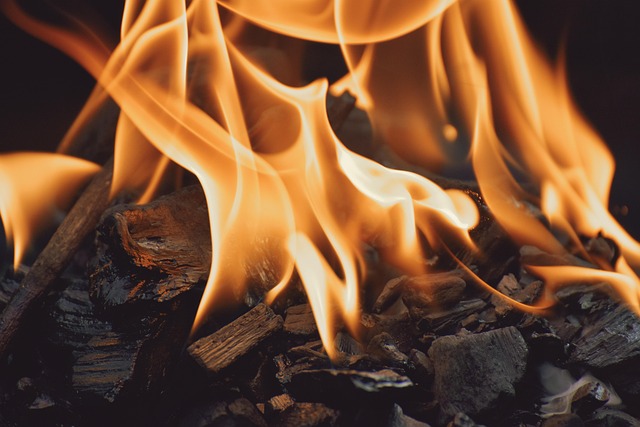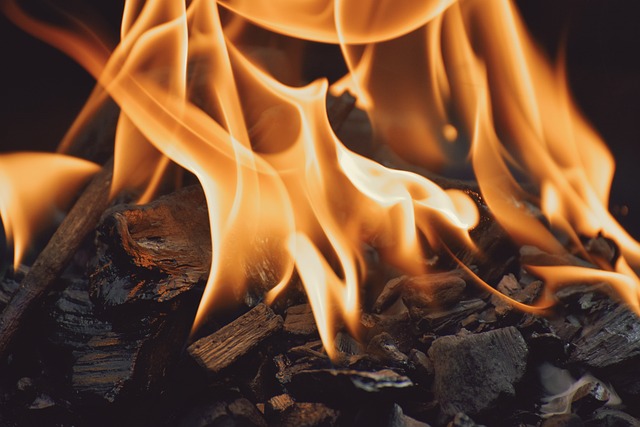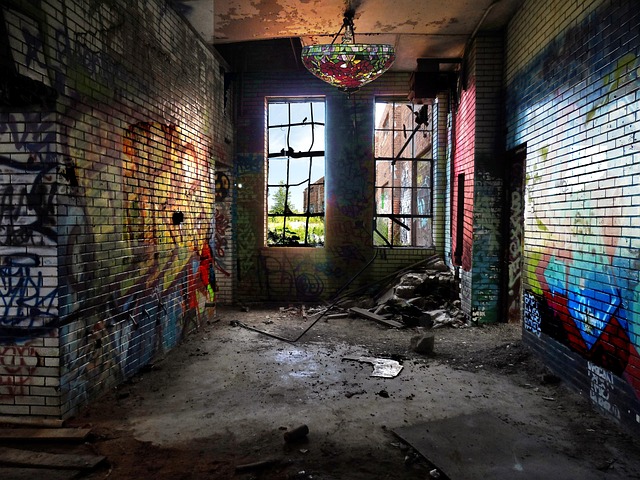Selling a home with fire damage in Chicago requires strict adherence to Illinois property disclosure laws. Sellers must transparently communicate the extent, origin, and remediation efforts of any fire damage, including structural repairs and ongoing insurance claims, to avoid legal complications and protect buyers from unforeseen surprises. Best practices involve obtaining professional estimates, documenting damage with photographs, and sharing this information openly to foster trust and set realistic expectations.
Selling a home, especially with fire damage, comes with specific legal requirements in Illinois. Understanding property disclosure laws is crucial for both sellers and buyers navigating the Chicago real estate market. This guide breaks down key aspects, focusing on fire damage disclosures to ensure transparency and mitigate potential legal implications. From what information must be revealed to best practices for selling a home with such historical issues, this article equips you with essential knowledge for a smooth transaction in Chicago.
- Understanding Illinois Property Disclosure Laws
- Fire Damage: What Sellers Need to Disclose
- Legal Implications of Non-Disclosure in Chicago
- Best Practices for Selling a Home with Fire Damage
Understanding Illinois Property Disclosure Laws
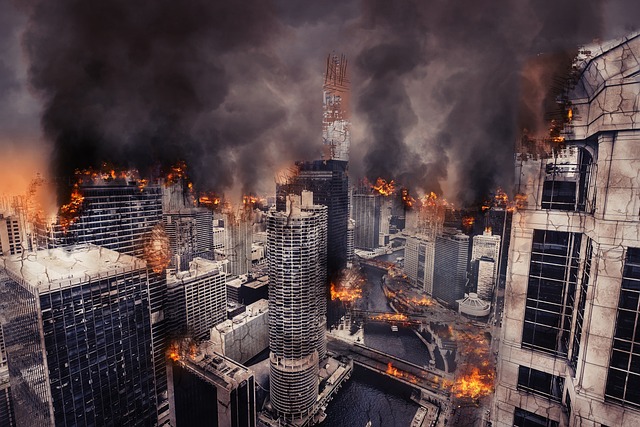
In the state of Illinois, selling a home comes with specific legal obligations regarding property disclosure. Understanding and adhering to these laws is crucial for both sellers and buyers, especially when dealing with potential issues like fire damage in Chicago. When a property has sustained fire damage, it’s essential to disclose this information accurately and comprehensively to prospective buyers.
Illinois property disclosure laws require sellers to reveal any known material defects or hazards on the property. In the case of fire damage, this could include details about the extent of the damage, when it occurred, and any ongoing repairs or assessments. Selling a home with fire damage in Chicago necessitates transparency to ensure fair and informed transactions. Buyers have the right to know about such issues, enabling them to make educated decisions regarding their offer and potential purchase.
Fire Damage: What Sellers Need to Disclose

When selling a home with fire damage in Chicago, it’s crucial to understand the property disclosure laws. Sellers must disclose any known issues, including fire damage, to potential buyers. This includes providing details about when and how the damage occurred, as well as any repairs or remediation efforts that have been made.
Fire damage can significantly impact a home’s value and safety, so it’s essential for sellers to be transparent. Failure to disclose could lead to legal issues down the line. Sellers should thoroughly document the damage, keep records of repair work, and consult with professionals to ensure they’re providing accurate information to buyers considering purchasing a home with fire damage in Chicago.
Legal Implications of Non-Disclosure in Chicago
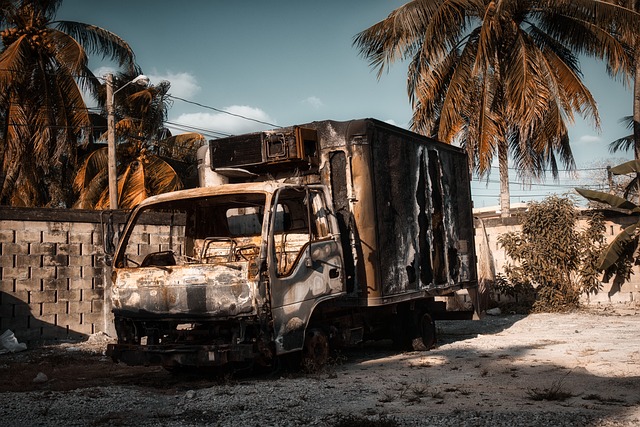
In Chicago, the legal implications of non-disclosure can be severe when selling a home with fire damage. Illinois property disclosure laws mandate that sellers reveal any known material defects or issues on the property to buyers. Failure to do so may result in legal action by the buyer, who could seek damages for fraudulent misrepresentation or concealment. If a buyer discovers significant fire damage during or after the purchase and it was not disclosed, they have the right to take legal action against the seller.
This is especially relevant when dealing with selling a home with fire damage Chicago, where buyers are entitled to know the extent of any prior fires and the steps taken to rectify them. Sellers who fail to disclose such information risk facing not only financial liabilities but also potential prison sentences, as Illinois takes these disclosure laws seriously to protect homebuyers from unforeseen and costly surprises.
Best Practices for Selling a Home with Fire Damage

When selling a home with fire damage in Chicago, transparent communication is key to a smooth process. Sellers should disclose all relevant information about the incident and its impact on the property, including any structural repairs required or ongoing insurance claims. This practice fosters trust between seller and buyer, ensuring a clear understanding of the home’s condition.
Best practices include obtaining detailed estimates for repair costs from licensed professionals, documenting the damage with photographs, and sharing this documentation with potential buyers. It’s crucial to disclose both visible repairs and underlying issues that might affect resale value. By being upfront and thorough, sellers can navigate the selling process efficiently and set realistic expectations for buyers interested in purchasing a home with fire damage in Chicago.
When selling a home with fire damage in Chicago, understanding and adhering to Illinois’s property disclosure laws is paramount. As discussed, these laws aim to protect buyers by ensuring transparency regarding any potential hazards or damages. Specifically, sellers must disclose any known fire damage, its extent, and the steps taken for remediation. Non-disclosure can lead to legal implications, including liability and financial penalties. Therefore, adopting best practices, such as thorough inspection, accurate reporting, and honest communication with buyers, is crucial to navigate this process successfully and avoid potential pitfalls when selling a home with fire damage in Chicago.

